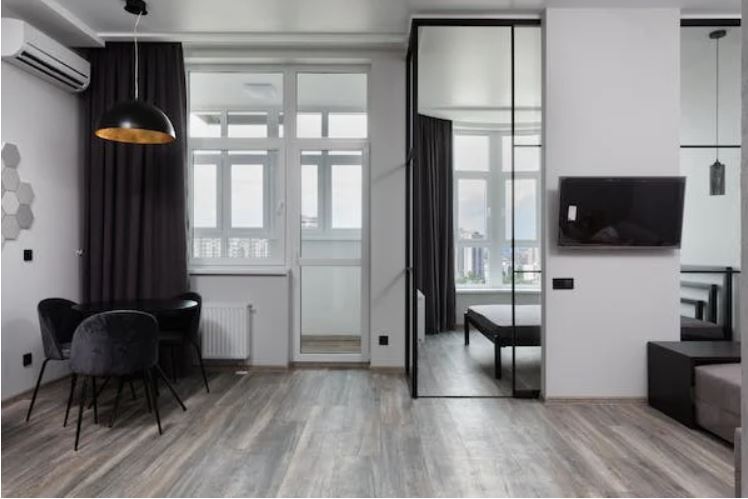
Having a clean and healthy home is essential for the health and well-being of your family. While we often focus on taking care of our physical environment, it’s equally important to make sure that your home’s air quality is up to par. Fortunately, there are several simple solutions you can implement to keep your indoor air fresh and free from contaminants. Read on to discover 6 easy ways to elevate your home’s air quality!
1. A dehumidifier
A dehumidifier is a great way to keep the air in your home clean and comfortable. Not only can they help reduce humidity levels, but they also remove airborne contaminants like mold, bacteria, dust mites, and pollen from the air. This can make a huge difference in how comfortable you feel inside your own home. Dehumidifiers are available at most hardware stores and come in a variety of sizes to suit different needs. To get the best results, look for one that has an adjustable humidity setting so you can tailor it specifically to your environment. If you are deciding on Air Conditioner vs Dehumidifier, then we recommend looking at both. Air conditioners are great for cooling, but a dehumidifier is better at reducing humidity levels.
2. Air filters
Air filters are essential for keeping indoor air free from dust particles and other allergens that can cause health issues if left unchecked. Regularly changing why the filter in your air conditioner or HVAC system can help reduce the amount of dust and other pollutants that circulate through your home. It’s also a good idea to invest in an air purifier if you have pets, allergies, or asthma since they are designed specifically to eliminate pollen, pet dander, and other airborne particles from the air. Look for one with a HEPA filter if you want the best performance possible.
3. Vacuum regularly
Regularly vacuuming your carpets and upholstery is an easy way to keep dust and dirt levels down in your home. Vacuums with HEPA filters are especially effective at trapping allergens so they don’t get recirculated into the air when you turn on the fan. Vacuuming also removes pet hair and dander, which can be a major source of indoor allergens if neglected.
4. Keep your windows open
When temperatures allow it, keeping your windows open is an easy way to keep fresh air circulating through your home. This helps reduce stuffiness in the air and prevents radon buildup from occurring indoors. Just make sure you use window screens to keep out insects and other pests if you’re worried about them entering your home. There are also window treatments available that can help retain heat when it’s cold and block out sunlight when you want to keep your home cool.
5. Clean regularly
Keeping your house clean is another great way to minimize dust levels throughout your home. Use natural or chemical-free cleaning products whenever possible since they will not leave toxic residues in the air that could cause health problems down the line. You should also keep an eye out for mold, which can accumulate in humid areas and cause health issues if left unchecked.
6. Plant some plants
Lastly, you can add some greenery to your home with houseplants! Not only do they look nice but they are also great air purifiers that help remove toxins from the air naturally. Snake plants and spider plants are especially effective at removing formaldehyde, benzene, and other common indoor pollutants from the air. Plus, caring for houseplants is a soothing activity that will bring a sense of calmness to your home.
Why is air quality important?
Good air quality is important for many reasons. Poor air quality can cause a range of health problems, from eye and throat irritation to asthma attacks and other breathing difficulties. It can also contribute to cognitive decline in children, leading to learning or behavior issues. Keeping your home’s air clean is essential for promoting good health and protecting you from long-term damage due to exposure to harmful airborne particles.
Poor indoor air quality can also trigger allergies or make existing ones worse, leading to sneezing, coughing, itchy eyes, and more unpleasant symptoms. If anyone in your household suffers from allergies or asthma, reducing the amount of dust and other allergens in the air can be especially helpful in promoting relief.

As we saw, there are many simple solutions that you can use to elevate your home’s air quality. Whether it be investing in an air filter or purifier, keeping windows open when possible, or adding some houseplants to the mix– all of these steps will help ensure that your indoor air is as clean and healthy as possible for you and your family. So take some time out of your day to invest in better air quality and enjoy the improved comfort and well-being that comes with it!






